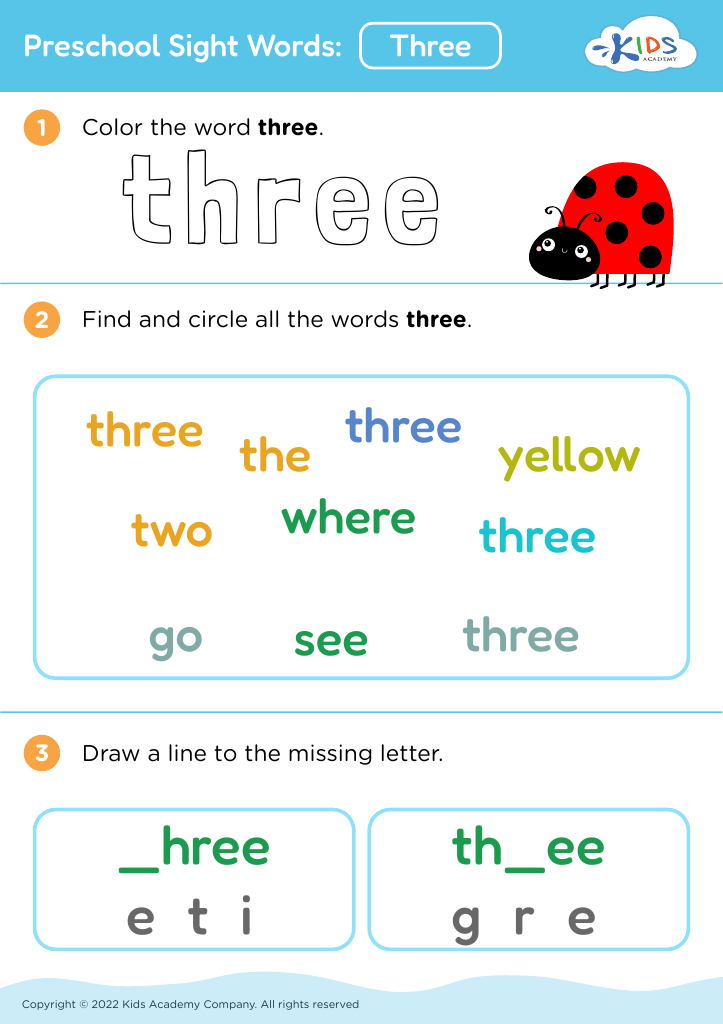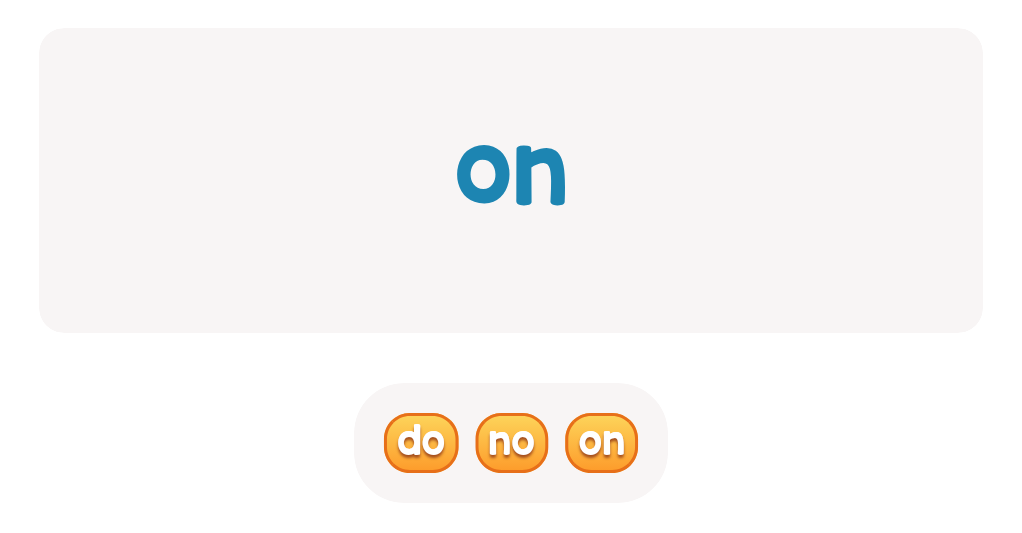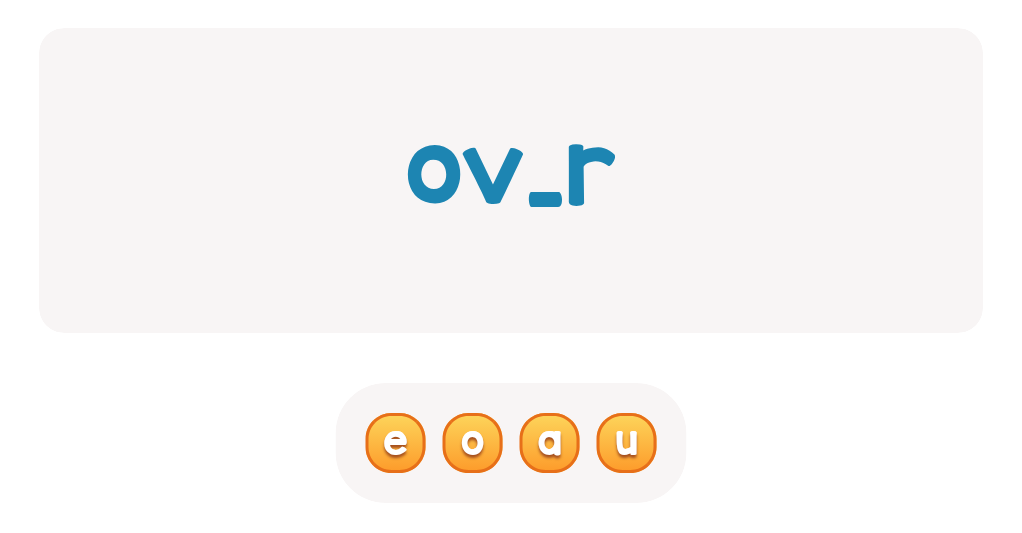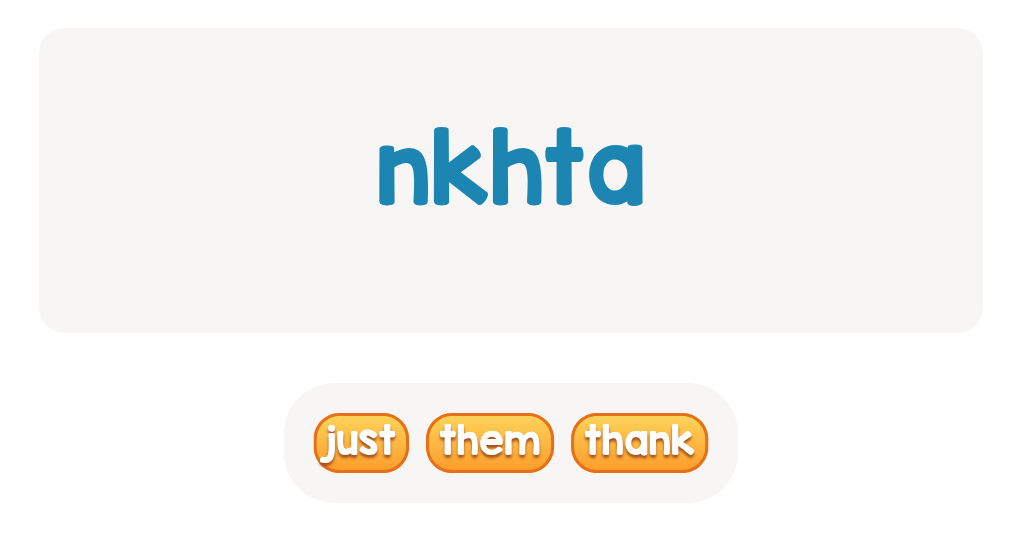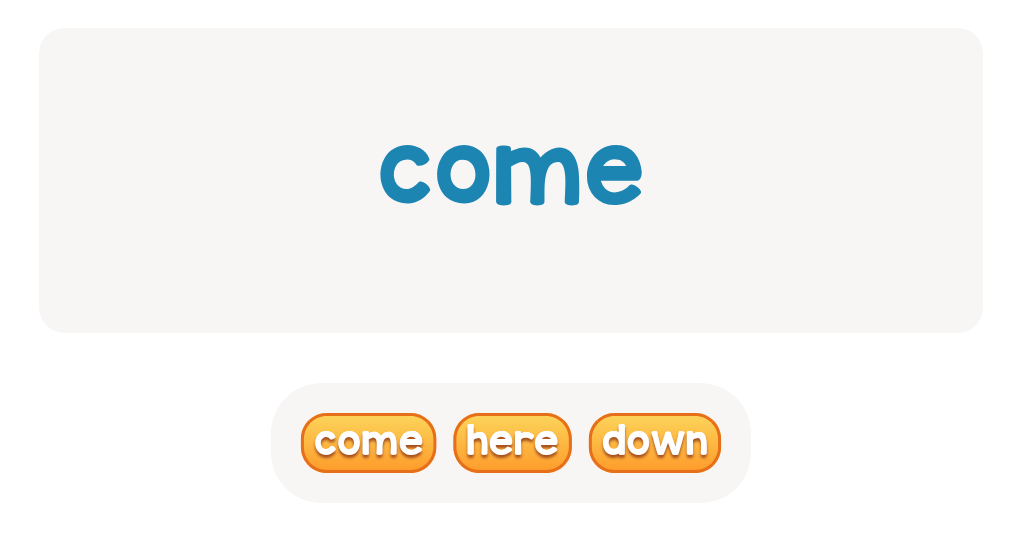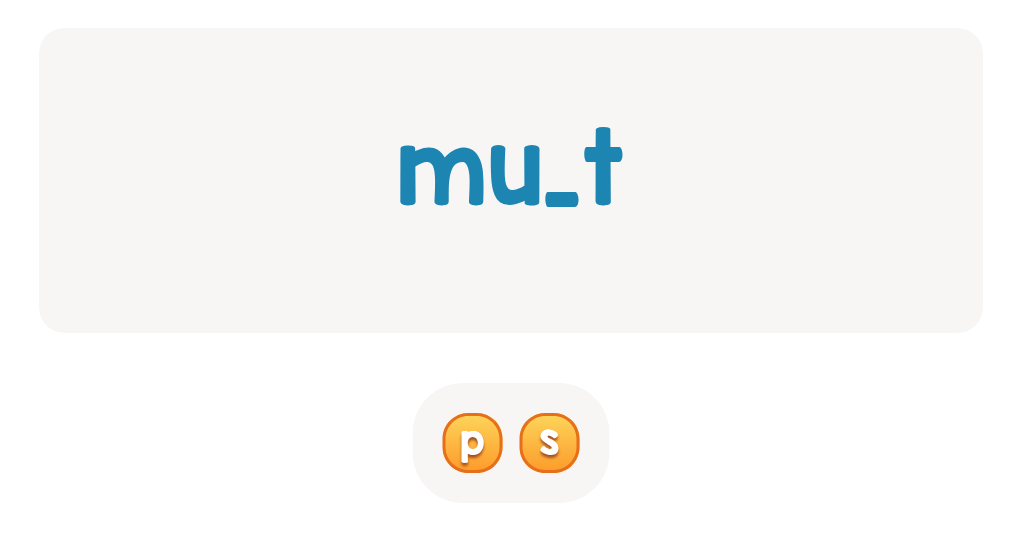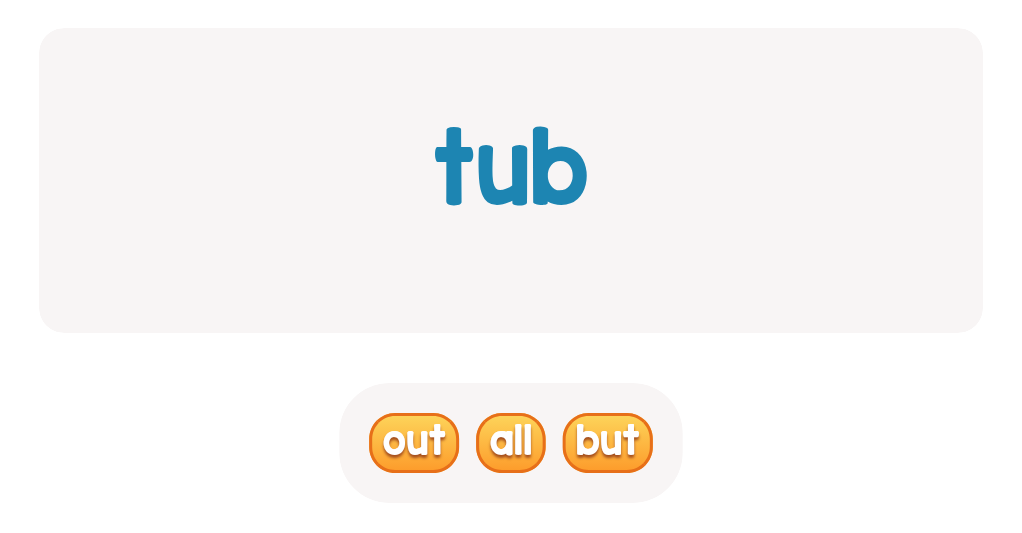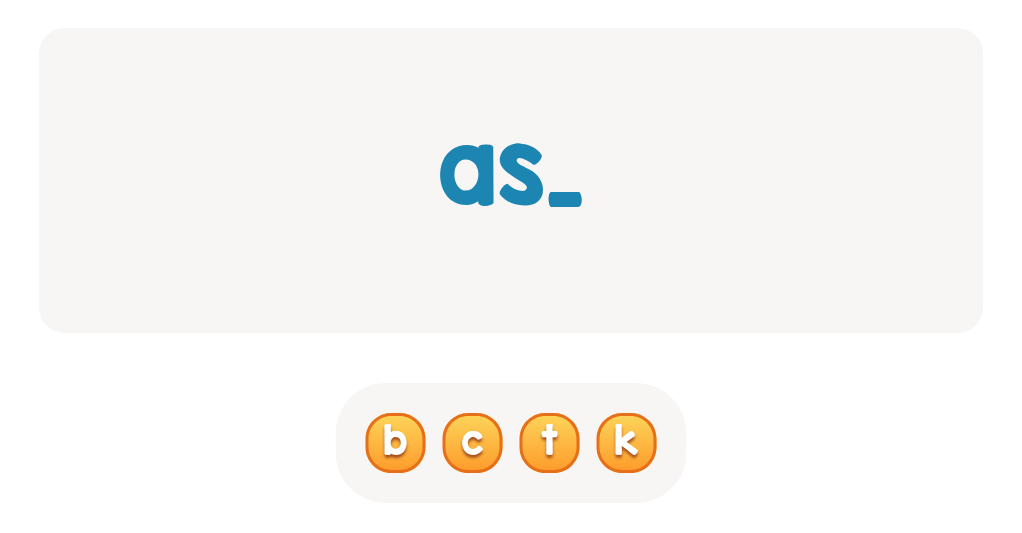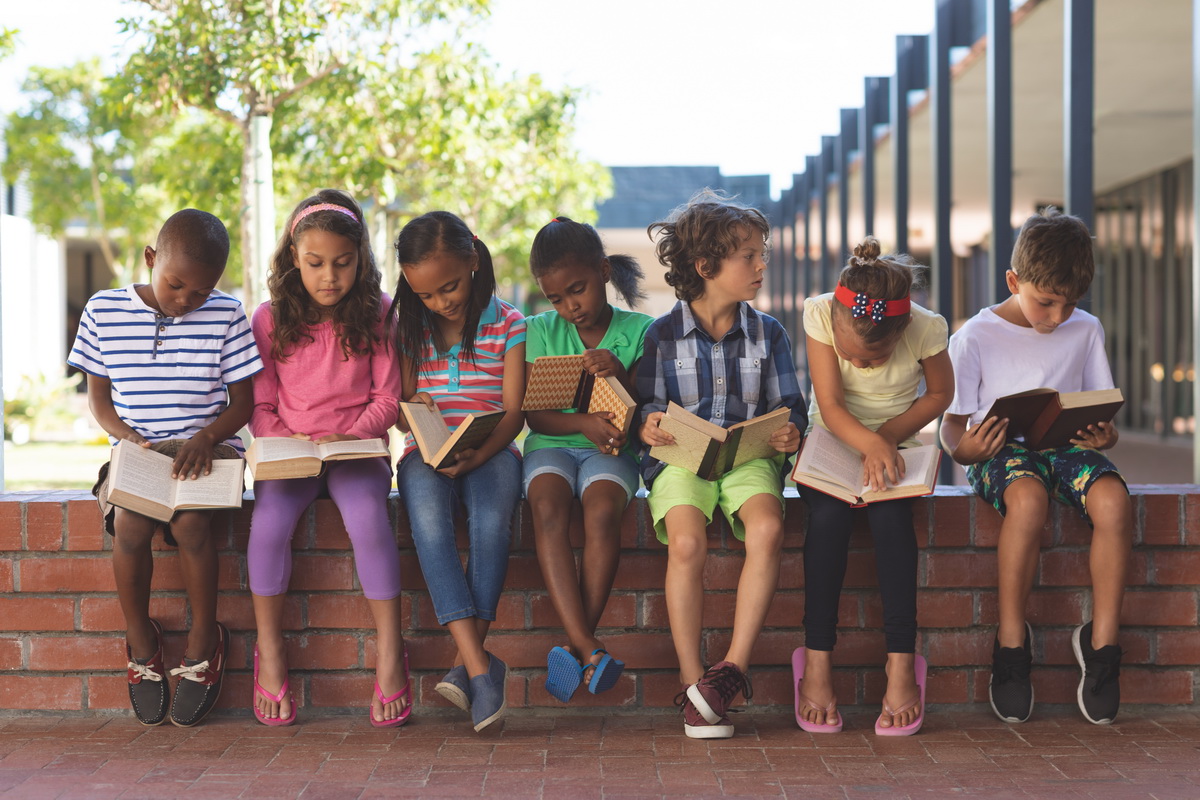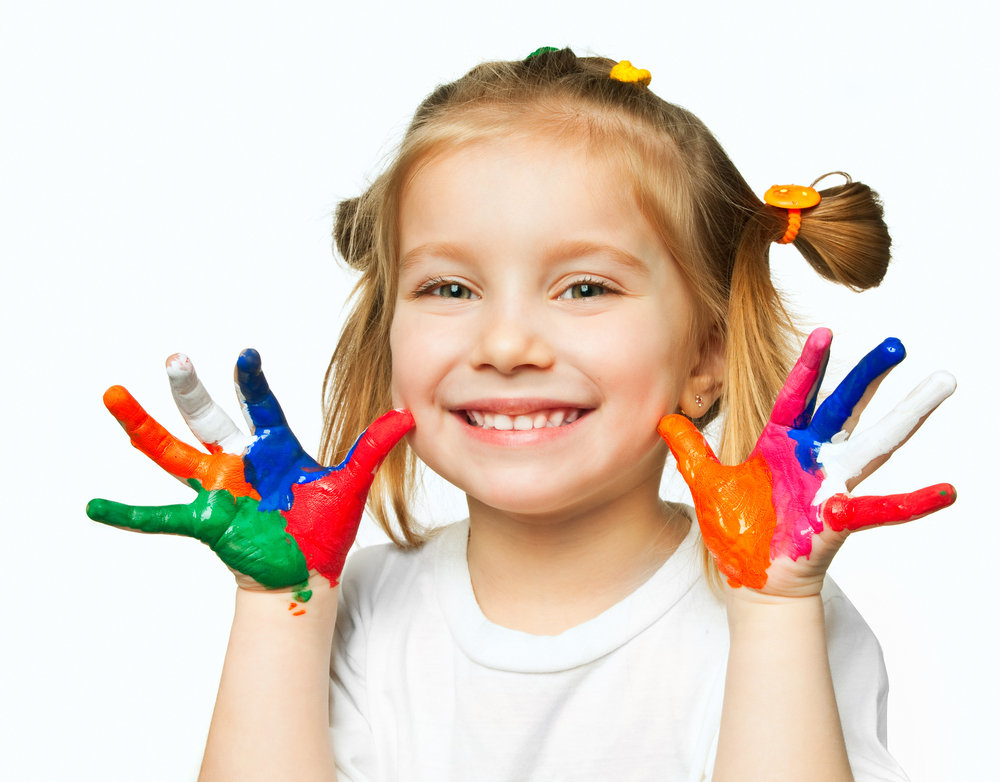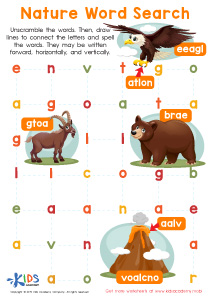Multiplication practice Sight Words Worksheets for Ages 3-6
4 filtered results
-
From - To
Enhance your child's learning experience with our Multiplication Practice Sight Words Worksheets, specially designed for ages 3-6! These engaging worksheets combine foundational multiplication skills with essential sight words, making learning fun and interactive. Each activity promotes early math understanding while helping kids recognize and master common sight words. Our resources are crafted to build confidence and reinforce critical literacy and numeracy skills, setting a solid foundation for future success. Parents and educators can easily incorporate these worksheets into daily lessons or quiet time activities. Start your child’s educational journey today by combining math and language arts in an enjoyable way!
Parents and teachers should prioritize multiplication practice sight words for children aged 3-6 because early exposure to foundational concepts greatly influences future learning. While multiplication may seem advanced for this age group, relating it to sight words can cultivate number recognition and fluency, much like familiarizing young learners with vocabulary.
At this stage, children are developing critical cognitive skills, and incorporating playful, engaging elements like multiplication sight word games can reinforce their understanding through repetition. While children aren't necessarily learning multiplication in the traditional sense, they can begin to understand patterns and relationships in numbers that set a groundwork for mathematical concepts.
Furthermore, integrating sight words related to math can create a fun, holistic learning experience, helping kids feel more comfortable with numbers. It also promotes a positive attitude toward learning math, reducing anxiety around the subject as they progress to formal learning in later years.
Finally, reinforcing multiplication concepts early on can help bridge gaps in understanding, making them more confident and proficient as they grow. In conclusion, focusing on multiplication practice sight words fosters a solid foundation for both language and numeracy, setting children on a path of lifelong learning success.

